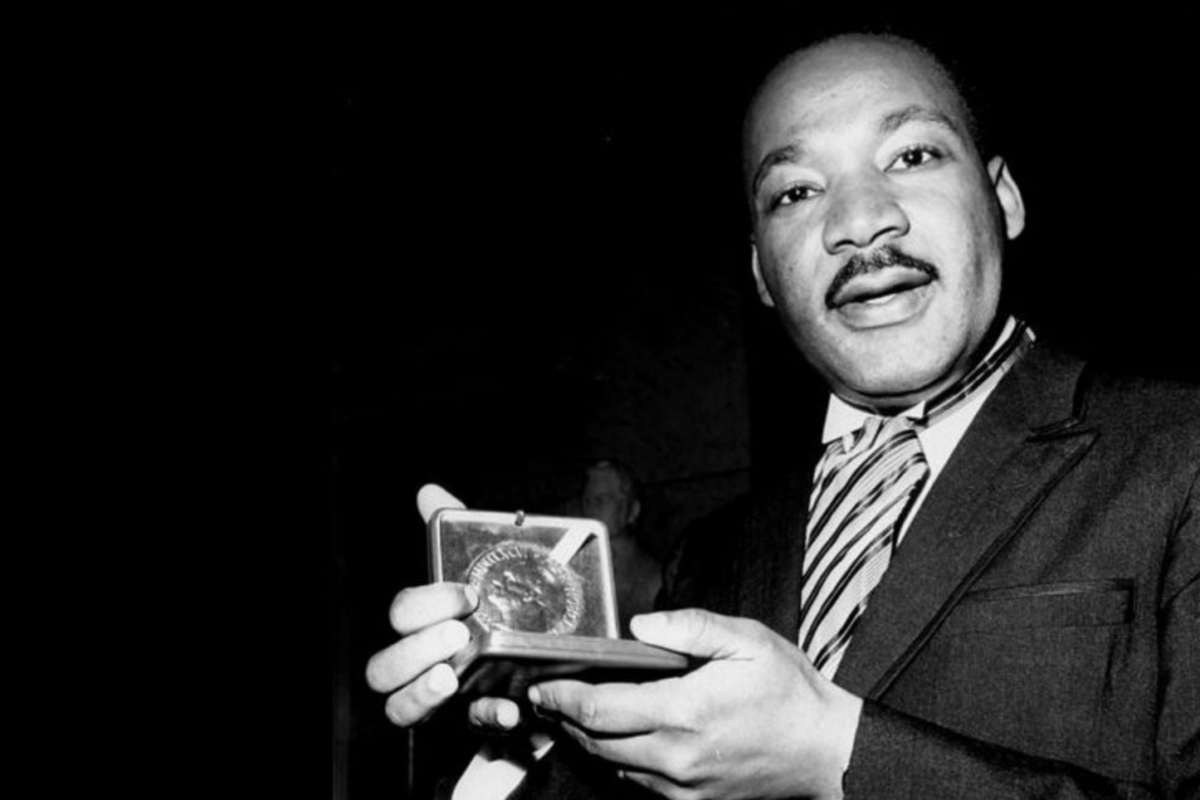A story late last year in The New York Times about the proliferation of classes at elite business schools teaching “corporate social obligations and how to rethink capitalism” is emblematic of what has taken place with corporate social purpose over the past decade. Purpose has gone from an insurgent idea challenging capitalism to a mainstream part of 21st century capitalistic thinking. Purpose has gone mainstream.
Purpose is nothing new, of course. The modern debate goes back to the Great Depression. Standard Oil scion Nelson Rockefeller argued that corporations should attend to stakeholders in his report to the company’s board after an eye-opening 1937 circuit of Latin American squatter towns, saying “the corporation must use its…assets to reflect the best interests of the people.” This debate was eventually settled in favor of the shareholder-only focus advanced by economist Milton Friedman in an influential 1970 essay in which he declared “there is one and only one social responsibility of business—to use its resources…to increase its profits.” But with the turn of the century, new ways of realizing profits are becoming popular, particularly the explosive growth of ESG investing.
The bitter fruits of globalization are the biggest rebuttal now made against a shareholder-only view—inequality, exploitation, job losses, loss of cultural diversity, erosion of national sovereignty, environmental degradation. The urgency of climate change has catapulted purpose to the forefront. It is no longer considered radical when mainstream leaders like Paul Polman, ex-chair of Unilever, or Larry Fink, CEO of BlackRock, express concerns. Every major company now articulates a commitment to social values. The next generation of employees is putting social values front and center in job-seeking.
Purpose is no longer trending. We still treat purpose like it’s yet to gain a solid foothold, but the reality is that purpose is now mainstream. Unequivocally mainstream.
The mainstream always invites counter-trends, even outright rebellion. We see pushback against purpose arising already. Being mainstream also diminishes the competitive edge, making it a cost of doing business, which brings in pressures for cost-efficiencies. Bottom-line assessments of purpose are growing. And mainstream phenomena lose their luster. Purpose is not yet a dull topic, but a worldwide search on Google Trends for corporate social responsibility or CSR shows some waning of interest (versus ESG which is waxing dramatically).
What comes next for corporate social purpose now that is mainstream? That is the question I will explore in articles here on Branding Strategy Insider over the next few weeks.
Contributed to Branding Strategy Insider By: Walker Smith, Chief Knowledge Officer, Brand & Marketing at Kantar
The Blake Project can help you define and develop your brand purpose.
Branding Strategy Insider is a service of The Blake Project: A strategic brand consultancy specializing in Brand Research, Brand Strategy, Brand Growth and Brand Education




